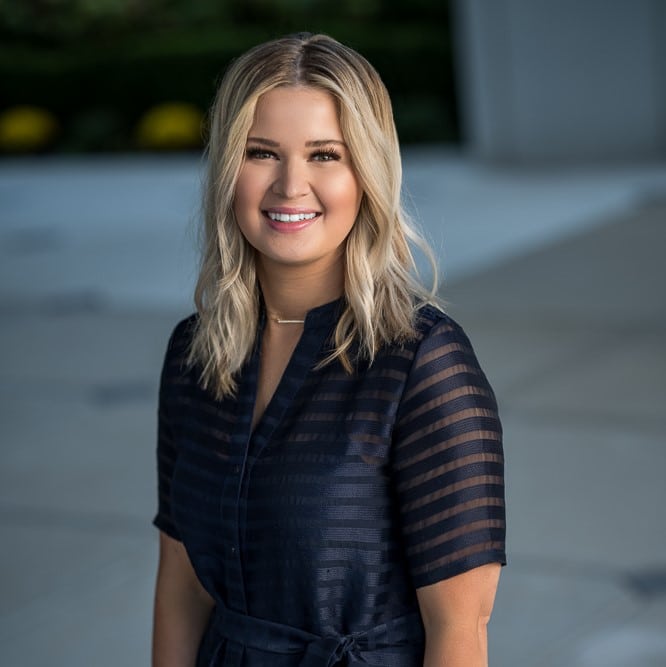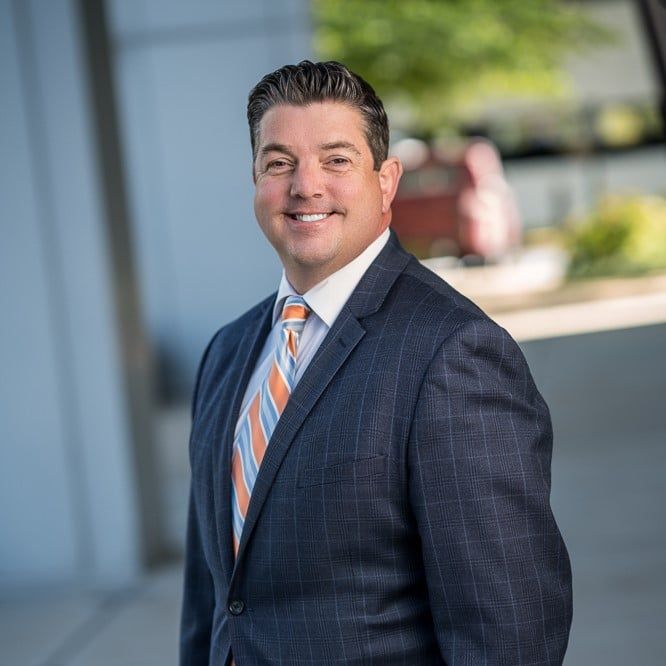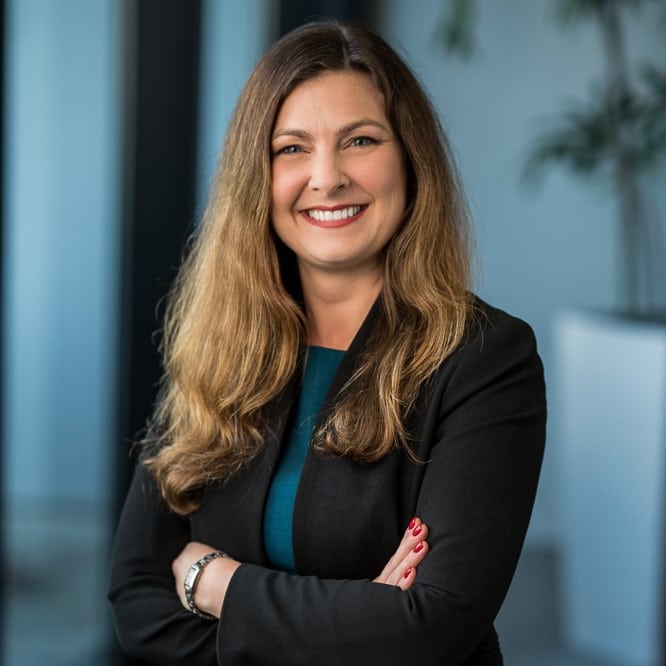The public is exposed to a daily barrage of messages about money, investing and retirement planning. These range from news stories about the future of social security, commercials about how long you may live and ongoing commentary about potential market impacts resulting from troubles overseas. Yet with all this chatter, a recent Fidelity survey as discussed in The Philadelphia Inquirer showed that the majority of older couples don’t talk about money.
Many may find this hard to believe. After all, as a couple gets closer to retirement shouldn’t they know more about Social Security benefits and the amount of their investable assets? Yet as I considered the results of the survey, which included figures such as 48% having “no idea” how much they need to save, I was not surprised.
In my practice as a financial advisor, I’ve found over the years, whether people are young or old, that many don’t have a clear understanding of what they have (both what their current investments are, and how much they have to invest), what they will need in retirement to maintain their lifestyle and how long they will live in retirement. Simply put, they’re not talking about money because they don’t know and they don’t have a plan.
There are many reasons this gets pushed to the side, including activities with the kids and grandkids, pressures of jobs and careers and caring for aging parents. There’s just not enough time in the day, but planning for the future is among the most important issues families will face. This may seem daunting, but the good news is that you’re not alone. A professional can help you get a full picture of where you are today, craft a plan and manage that plan on an ongoing basis.
Start Talking
When I meet with an individual or couple for the first time, we begin by reviewing everything they currently have. This includes 401(k) plans past and present, pensions, stocks, etc. Sometimes those meetings uncover savings and investments they’ve forgotten about, or don’t realize they even have. In other cases, we calculate overall debt and what that debt means for the financial situation today and into the future. If the clients haven’t talked about money, this meeting can serve as that first conversation.
Envision Your Future
As financial advisors, we often ask our clients what their retirement goals are. That question, in and of itself, can create fear and anxiety, so I ask an alternate question: What does your first day in retirement look like? What are you doing on that day? This helps the clients to create that vision and gives me an indication of what their needs and lifestyle will be in retirement.
Consider Your Retirement Lifespan
It’s no secret that people are living longer than ever before. That means that when you retire, you have 25 to 30 years to plan for! There’s much more time to spend with family and more opportunities to check things off your bucket list. In order to live the life you envision, you’ll need to have a way to generate income for those 25 to 30 years and for your assets to outlive you. That’s where your plan comes in.
Develop Your Financial Plan
An advisor will help you put the pieces of the puzzle together, starting with the assets and investments you have today, assessing your risk tolerance and goals and setting a plan in motion to help you reach those goals. The plan also gives you a roadmap to make sound decisions moving forward because you know where you’re going and how to get there.
Keep Talking – Manage Your Plan
A financial plan is created at a point in time where certain situations are in place and certain assumptions are made. But life changes and your wants and needs change over time. Your plan must reflect those changes. I revisit my clients’ plans with them at least once per year to analyze these changes and determine which adjustments should be made to accommodate them. Some of the changes I look out for are things like travel desires, an ill child or relative a client wants to help, health issues, job changes and even everyday expenses that change over time.
Call Me
While I may not be the first person a client may think of when they’re buying a house, leasing a car or booking an exotic vacation, I probably should be. These decisions affect your finances and could have an impact on your plan or even bring tax consequences you’re not considering. You’re not in this alone, and your financial advisor can help.
Are you and your spouse or partner talking about money? If you’re not, it’s a great time to get the conversation started. Let the points above serve as your first guide and if you get stuck or don’t know where to start, a professional can help. Words about your money and your future are too important to be left unsaid.



















